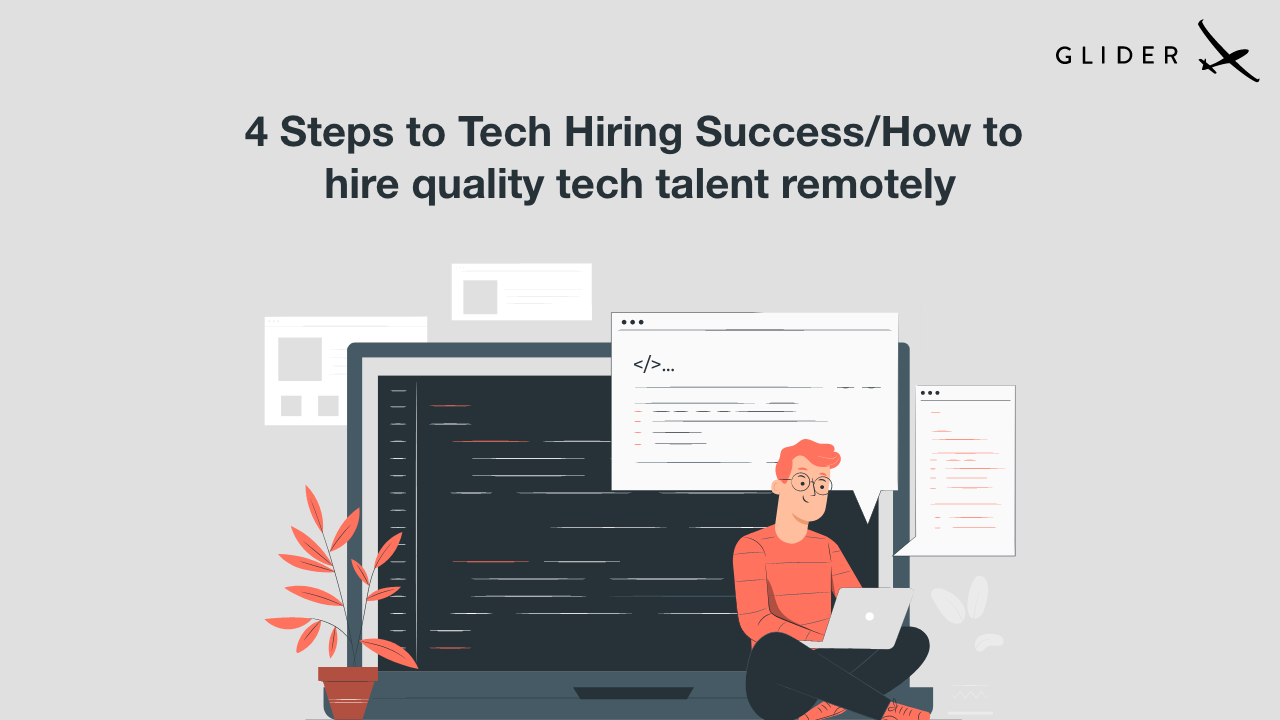
Make talent quality your leading analytic with skills-based hiring solution.

“Hiring” is the act of appointing potential candidates as employees in a certain company. It seems like a simple process from the definition of it and though, it was so in the good old days, but with the advancements in the fields of science and technology, hiring has become a highly competitive and insistent subject. Earlier, companies had the upper hand. Recruiters used to select candidates after minimal interviews. While, now, since the market is so aggressive and everybody is talented in one or another category, companies find it hard to select the right candidate.
Below is a graph showing the growth in recruitment demands over the years.

With this increase in demand, companies have come up with different strategies for hiring. While some have prospered using their techniques, many have even failed, having their reputation gone down as well.
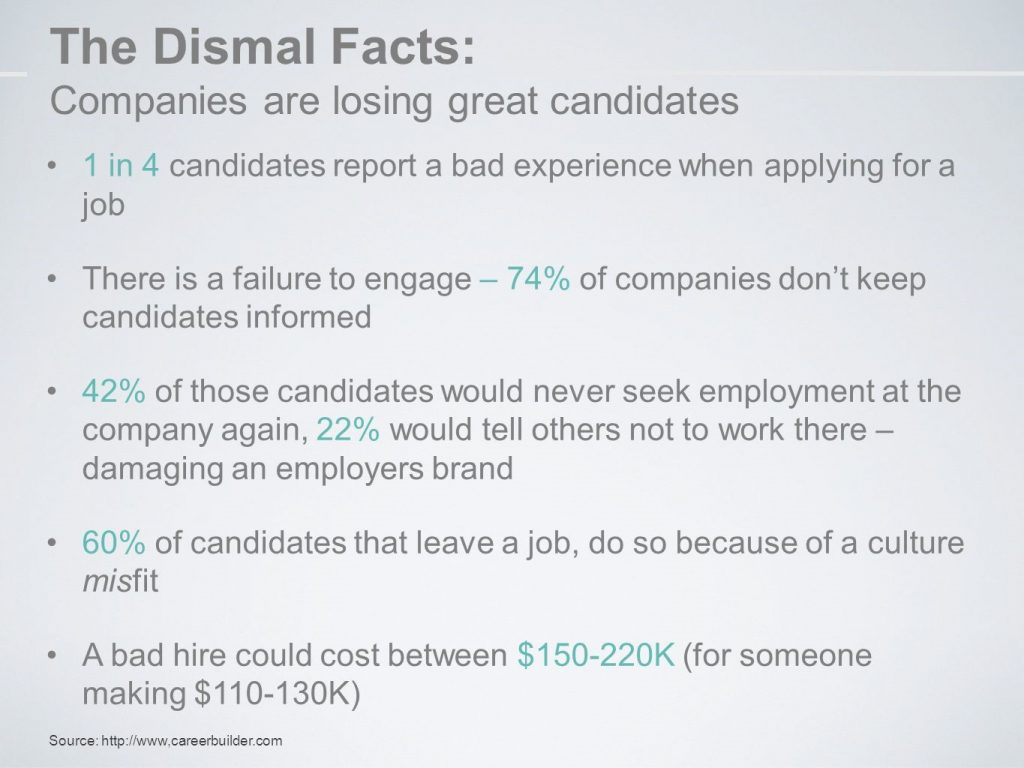
Candidate experience during the recruitment process matters the most when it comes to achieving success during the recruitment process. According to Talent Board and various CXO’s, 50% of candidates opt out from joining the company or drop off during the process when they undergo an uncooperative or unpleasant experience. Moreover, it has also been found from a study by Hay Group that a whopping 70% of candidates reject a company if someone else had a bad interview experience.

Nobody likes anything that takes too much time or asks too many questions. According to a survey by CareerBuilder, 42% of applicants never seek employment in a company if the process is too long, 22% reject recommending the company to others and 9% reject the product.
It is an undeniable fact that the world lives in mobiles. As per Kelton Strategic Consulting, 86% of candidates use smartphones to apply for jobs. Another study suggested that 60% use mobiles for job searches and 40% reject the company if the process cannot be accessed on mobiles.
This is a report created by the Pew Research Center regarding the impact of mobile phones on job recruitment.

These are some of the anomalies that harm any company’s recruitment process. If a company needs to overcome the less-productive hirings then, they must avoid these facets.
There are various ways in which companies can prosper and derive the desired results in the process of hiring top talent. The process of hiring a candidate in the most proper order is known as “structured hiring”.
Structured hiring means following detailed and clear steps that stabilize the whole process and enable both the parties, i.e., the recruiter and the candidate to undergo a hassle-free and unbiased system of operations that is faster and more convenient from the financial point of view.
Screening and interviewing the candidates are the most important factors responsible for molding the desired employee that is required. This is where the 4 steps for the ultimate hiring success come into play.
This is the step where the recruiter identifies the potential candidates who will make the final cut. It is the phase in which the decision is made regarding further processing.
The purpose of the phone screening is for the recruiter to know the candidate better through a bunch of questions and get access to the mind of the candidate. The key is to avoid asking too many technical questions and only get an idea about the personality of the candidate.
Glider.ai guides the recruiters to smoothly process the phone screening round. The platform improves and standardizes the interaction from the go. It provides step-by-step questions that need to be asked during the screening round.
Candidate Skill reports get auto-generated based on the interview that can be sent directly to the managers.
Glider.ai integrates with the existing ATS of the company or provides an ATS that helps the recruiters vet the candidates necessary for the background check.
Automate Your Hiring Process with Glider
This is the second step where the candidate’s skills based on the job profile are tested. This is the phase where the recruiter gauges the prospect’s abilities and examines if the candidate has the necessary skills required to undertake the job.
Glider.ai provides interactive and holistic skill assessments that scale a candidate’s skill level, personal traits, learning agility, culture fitment, etc. It dispenses pre-built tests that simulate real-world problems. Recruiters can also create their tests with 30+ question types including video assessments.
The platform provides online proctoring, plagiarism scores, and key-by-key replay of every answer that nullify any probability of compromise.
Use Glider Assessments to Hire FOR FREE!
This step is necessary to assess the candidate’s technical prowess. Coding simulations enable the candidate to showcase their knowledge on the different coding languages such as Python, C++, Java, etc.
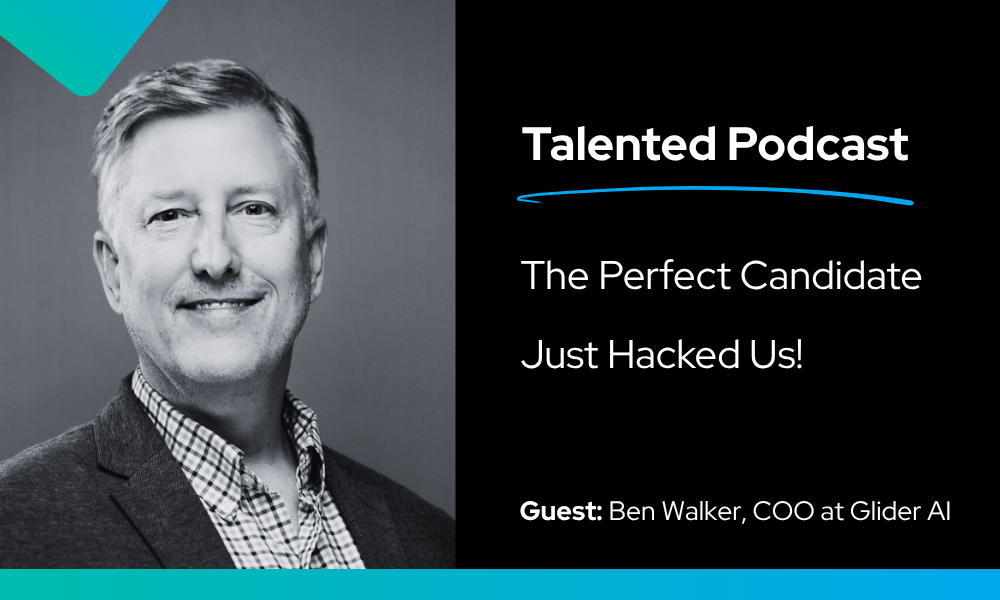
“The Perfect Candidate Just Hacked Us”: Inside the Global Playbook of Hiring Fraud That 100% test score might be your biggest red flag. Enterprise breaches don’t always start with phishing emails; sometimes, they start with a fake job interview. In this episode of Talented, Joseph Cole sits down with COO Ben Walker to unpack one […]
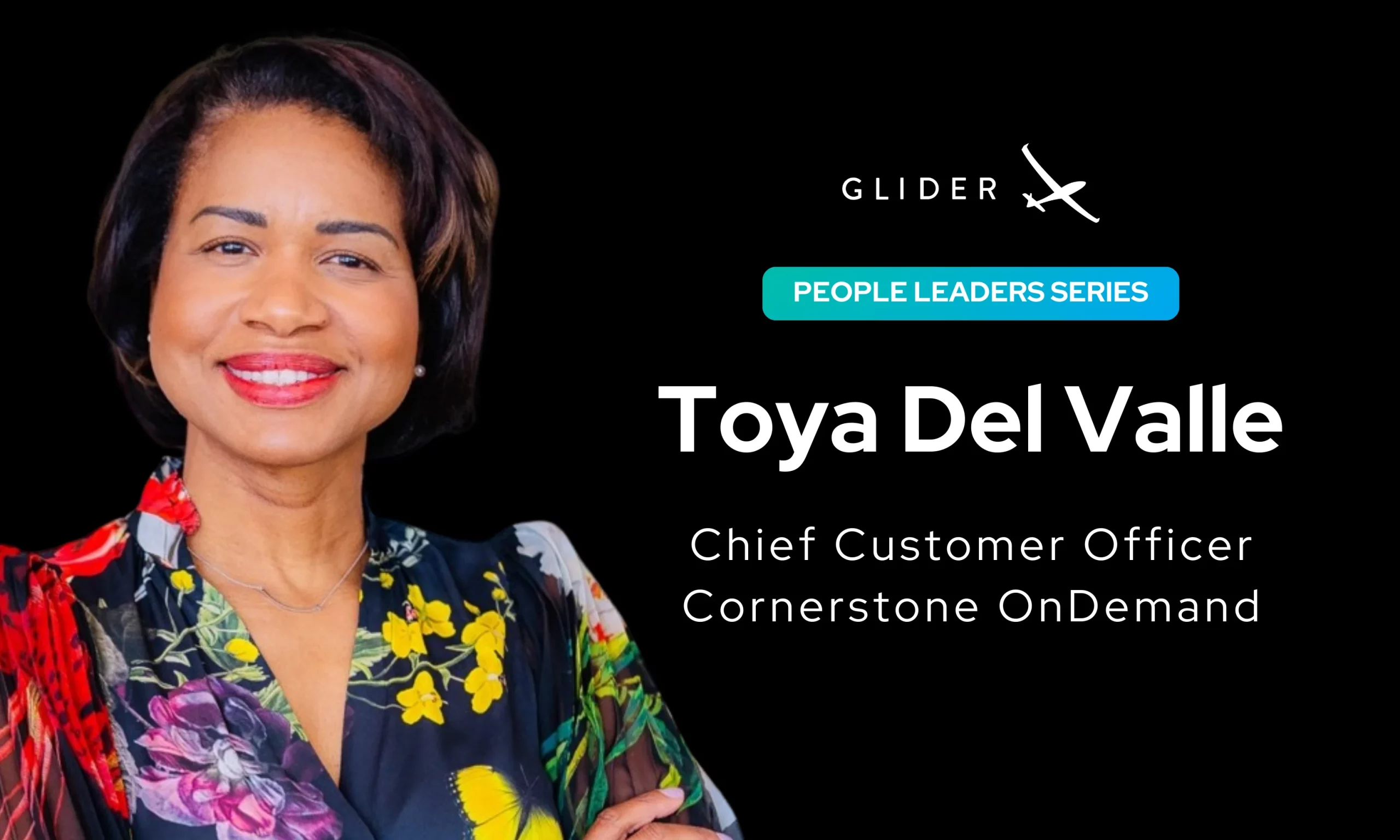
Can HR Stop Playing Buzzword Bingo with Skills and AI? If you’re an HR or TA practitioner or work in HR Tech in any capacity, AI and Skills-Based Hiring is what everyone is talking about. The problem? All the talk is diluting the importance of two very interrelated topics. Glider AI sponsored the Transformation Realness […]
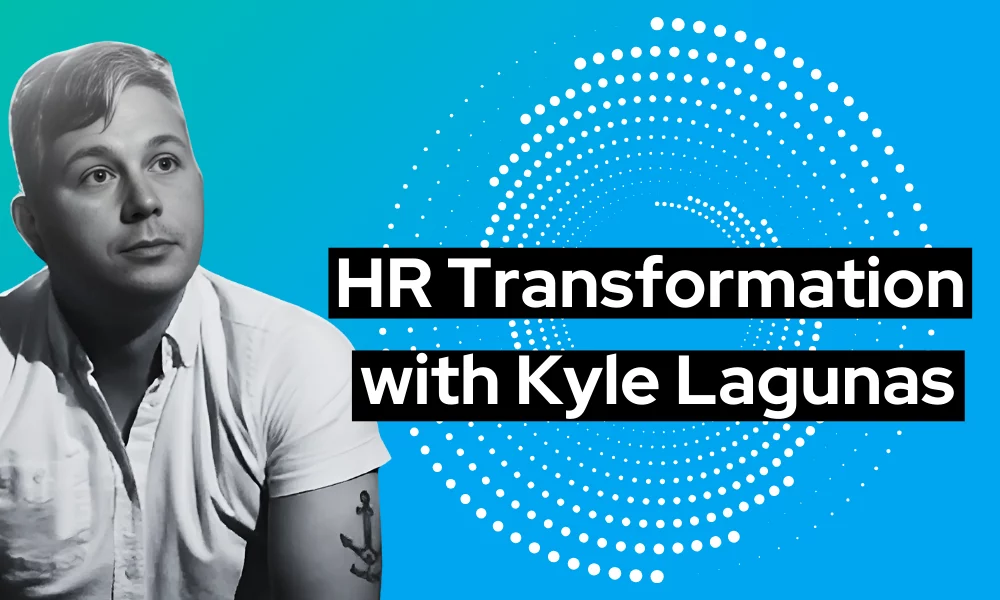
Q&A with HR/TA Analyst Kyle Lagunas The traditional playbook that was HR is being rewritten. AI is reshaping work, skills-based strategies are transforming hiring, and HR teams are under pressure to deliver more with less. HR isn’t just about managing people anymore—it’s about engineering the future of work. In this Q&A session, Kyle Lagunas and Joseph […]